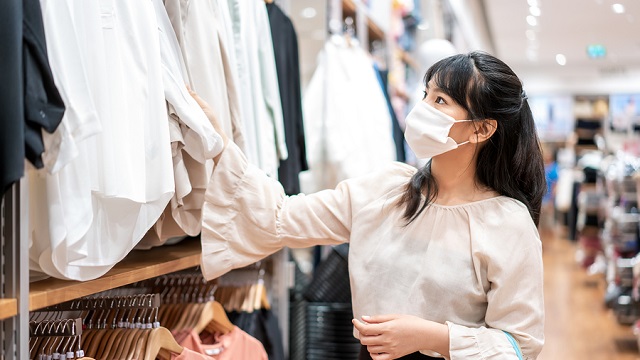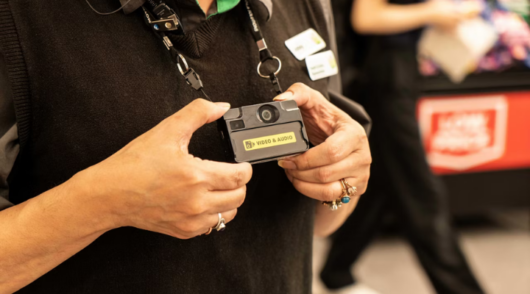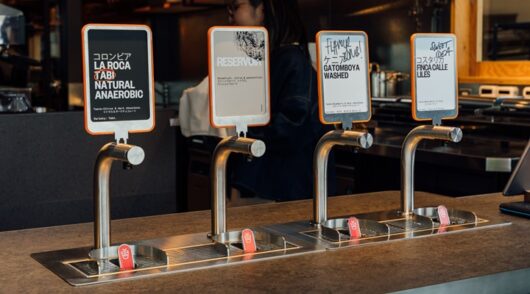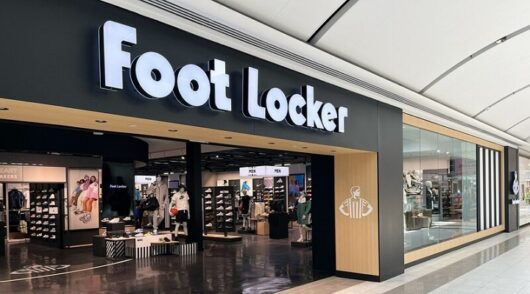
When we think of some of the most dangerous jobs in the world, we often think of astronauts, brain surgeons and miners. However, since the coronavirus outbreak, bricks-and-mortar retail could be considered a high-risk working environment. After all, physical stores regularly see high volumes of people coming in and out, while many areas encourage interactivity and involve customers touching and feeling products and even trying them on.
It makes sense that in the current climate, retailers could learn a lot of valuable lessons from those in traditionally hazardous industries.
“Everywhere is high risk in a pandemic – catching public transport, getting into an elevator, serving a customer,” says Alistair Venn, COO at SafetyCulture, which has worked with clients such as NASA.
“The rigorous safety practices employed by high-risk industries like construction and mining are now relevant to all of us. The only way to get through this is to strictly follow guidelines and empower teams to respond through an early warning system.”
1. Use checklists – regularly
“Professions like surgeons and pilots perform highly dangerous and intricate tasks safely and repeatedly using something as simple as a checklist,” explains Venn. “With COVID-19 introducing various risks to retailers, they should embrace new processes and procedures which can be implemented through the use of digital checklists.”
In a shop, these checklists can include simple tasks such as ensuring areas are regularly disinfected, personal protection equipment is in place and signage is always visible to customers and employees. It’s also important that your people conduct these checks regularly to maintain safety standards. SafetyCulture currently has 100,000 digital checklists available in its public library, which are used to carry out more than 600 million checks a year. To support retailers re-open their doors, they also have created COVID-19 related checklists.
“It’s that regularity that is the big difference. It’s quite easy to do a one-off check when you reopen your store or have an auditor walk around and do a complicated check,” Venn explains. “The reality is that these infrequent checks aren’t really helpful with the fast-moving risks of something like COVID-19. Rather than doing a 50-point check once a month, it’s about empowering your team inside your store to check five things every few hours.”
2. Create safety process documents
It may be an age-old cliche, but when it comes to safety, prevention is certainly better than cure, and in this climate, it’s a good idea to develop documents which outline high-risk work activities, hazards associated with the activity, and the control measures in place to manage these risks. These documents act as a benchmark for proper implementation of standard operating procedures and keep everyone accountable.
3. Create a culture around safety
“When you look at the other industries, while so much of it is around compliance and process, it’s actually a cultural thing. The people doing the job have to believe it’s something of importance to check and be responsible for,” urges Venn. “You can’t rely on someone with a clipboard and hi-vis vest to check up on people. They can’t be everywhere at once to build that visibility, so you need to empower your team to take responsibility and be the eyes and ears of the organisation.”
Clear communication is key to building a culture. Implement a schedule for everyone to come together to discuss safety before commencing work so they can hear from all areas of the business to ensure there are no blind spots. Conducting regular inspections reduces workplace incidents and increases workers safety awareness.
Indeed, it’s a new world that we’re living in and aside from product and services, safety is now considered a value proposition for bricks-and-mortar retailers.
“Safety is now a customer facing value proposition, it can help retailers to win and retain customers, building trust and long lasting reputation,” says Venn.
Visit SafetyCulture’s COVID-19 toolkit hub for all you need to get safely back to business, from the physical requirements to reopen to the new checks and procedures required on an ongoing basis.





